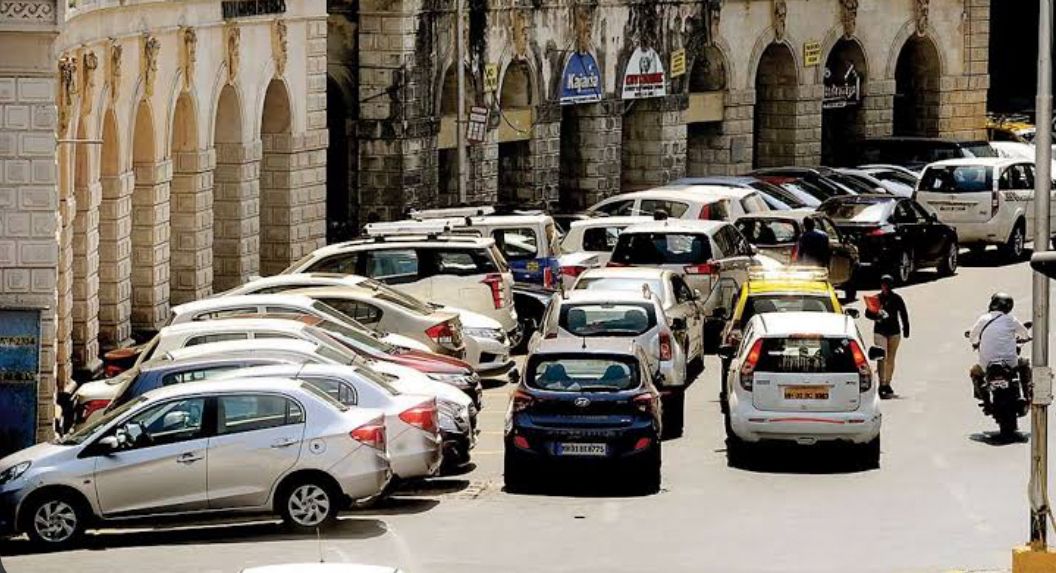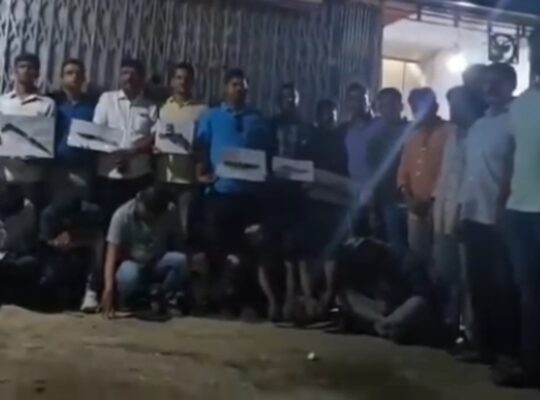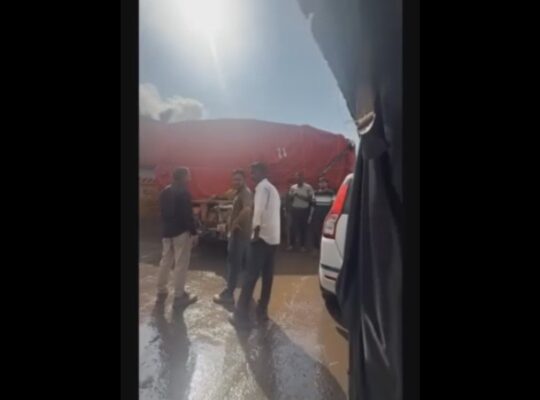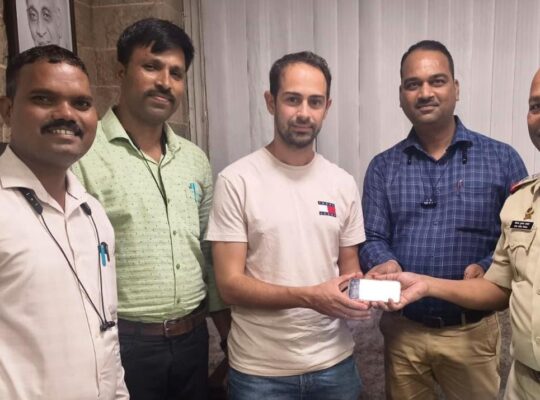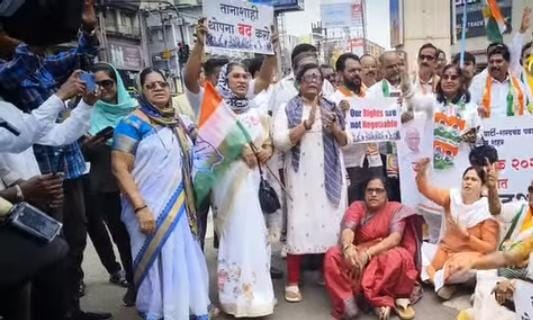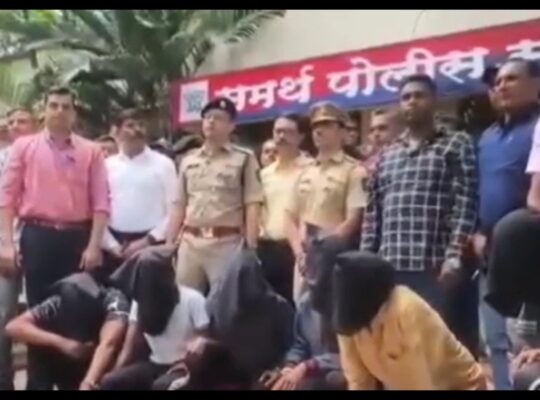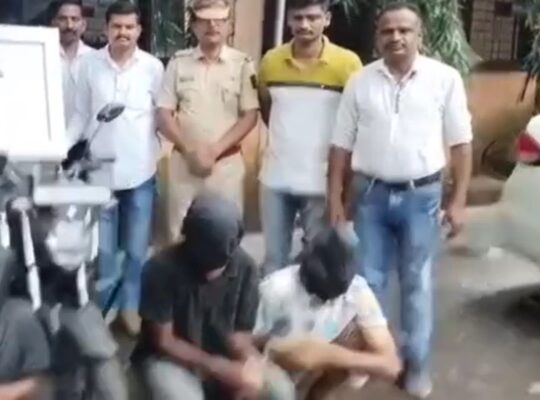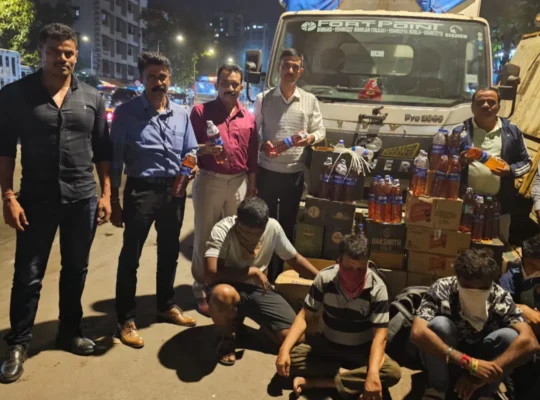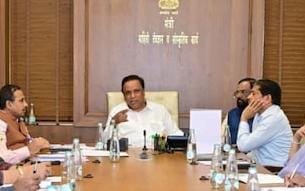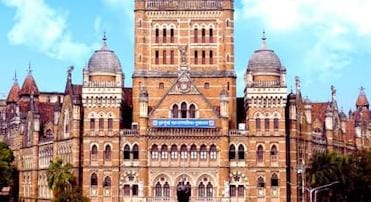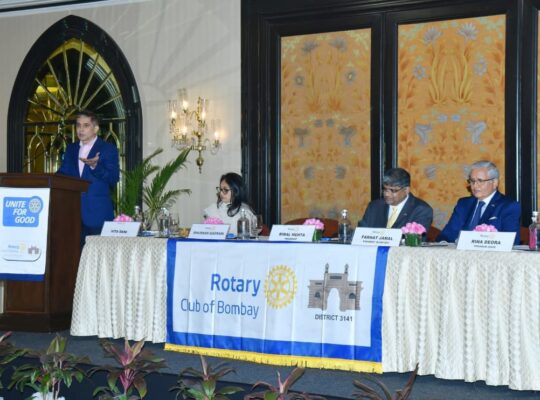A new state policy aimed at regulating vehicular growth and congestion is drawing sharp criticism from stakeholders, who have termed it a “shocker difficult to swallow.” At the centre of the backlash are proposals such as requiring a mandatory parking certificate to register a new vehicle, imposing congestion taxes, and limiting the number of vehicles per household.
In its first consultative meeting held on Friday, the state transport department—led by Additional Chief Secretary Sanjay Sethi—met with a wide spectrum of stakeholders, including town planners, transport operators, car manufacturers, parking agencies, and citizen groups. A presentation by Crisil outlined the initial contours of the proposed policy.
However, most stakeholders voiced strong objections, saying the plan was premature and would be ineffective unless backed by major improvements to public transport and sufficient parking infrastructure.
Concerns Raised Across the Board
Among the issues discussed were steep toll charges, curbs on vehicle ownership, and restrictions on entry of certain vehicle types into congested urban zones. School bus operators complained about the unreasonably high parking fees they face, while citizen group representatives highlighted poor infrastructure and the lack of alternative commuting options.
A social study group warned that unless the policy is rolled out with a clear communication strategy, it would come as a shock to most citizens.
Suggestions from Stakeholders
Bal Malkit Singh, former president of the All India Motor Transport Congress, proposed converting the now-defunct octroi posts at Mankhurd, Mulund, and Dahisar into integrated truck terminals. “We suggested that these hubs could house parking bays, warehouses, fuelling stations, EV charging points, and administrative offices. This could help streamline goods movement from outside the city and reduce congestion,” he said.
The transport department responded positively to the idea, acknowledging the need for dedicated logistics infrastructure.
Environmental Concerns and Policy Push
Rising air pollution levels in cities like Mumbai have prompted the government to revisit its urban transport strategies. Restricting the entry of heavy goods vehicles into dense city areas is also under consideration as these are major contributors to pollution.
Officials stated that the policy also envisions dedicated, rented, and shared parking zones across urban areas. Malls and commercial parking lots may be repurposed for overnight parking under this plan.
In addition to Mumbai’s expanding 350-km metro network, the government is looking to boost water transport connectivity between Mumbai, Navi Mumbai, Raigad, and Ratnagiri to strengthen the mass transit ecosystem.
Industry Pushback on Congestion Tax
Nitin Dossa, Chairperson of the Western India Automobile Association, opposed the idea of a congestion tax. “Nearly 45% of a vehicle’s cost goes towards taxes. Adding another levy is unjustified. If the government is serious about decongestion, they must first deliver on promises like creating ample parking and robust public transport. For instance, a planned multi-level parking complex near Vidhan Bhavan was never built—instead, a theatre came up there.”
Government Response
Sanjay Sethi assured that the state is still in the data-gathering phase. “We are assessing current parking availability, demand trends, and the capacity of mass transit systems. These insights will shape our policy decisions in the coming months,” he said.

